-
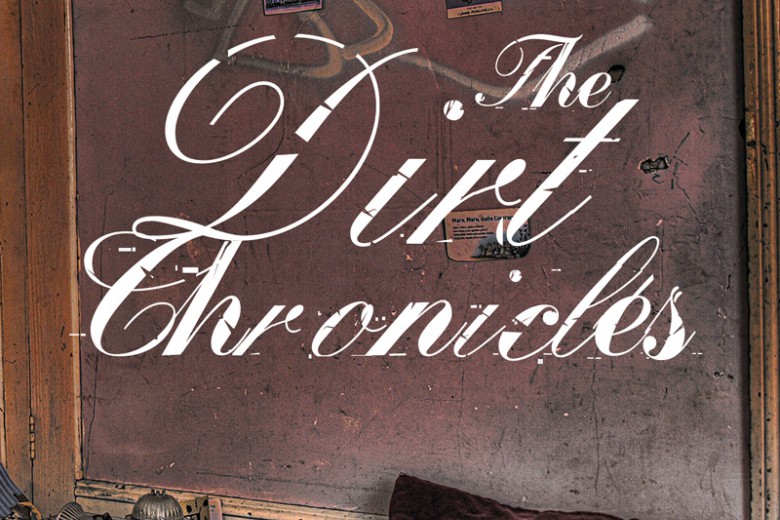
by Yutaka Dirks Apr 2, 2012 3 min read
-
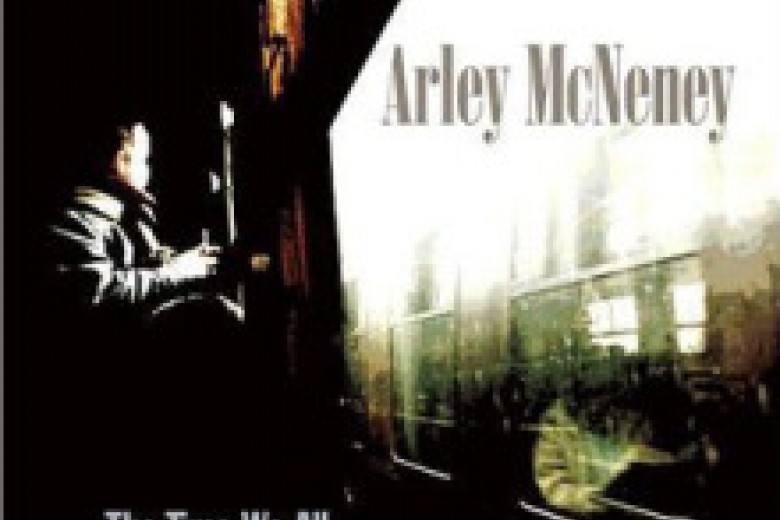
by Yutaka Dirks Feb 28, 2012 4 min read
-
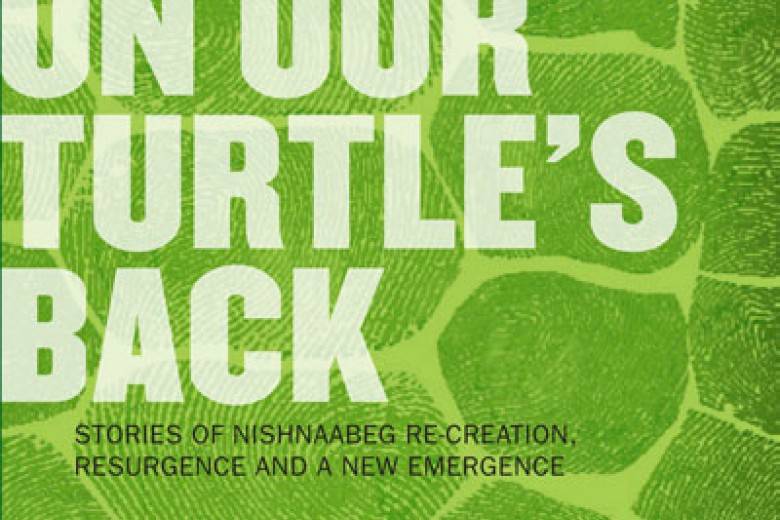
by Damien Lee Jan 1, 2012 4 min read
-
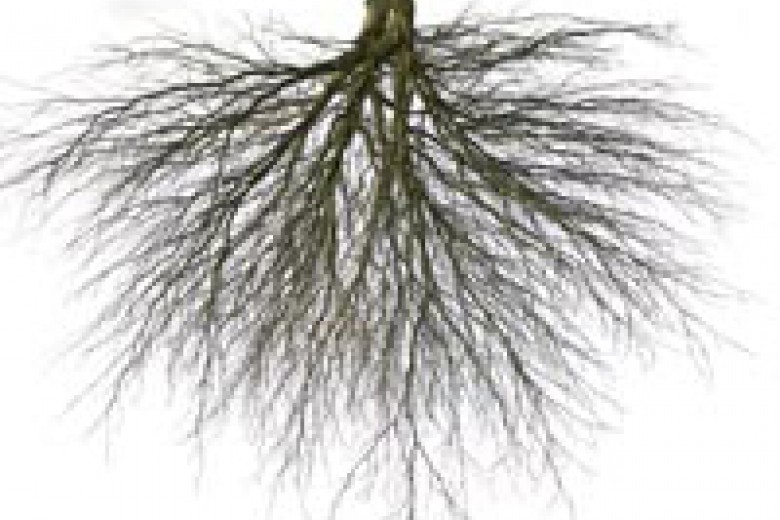
by Jim Elliott Dec 1, 2011 3 min read
-
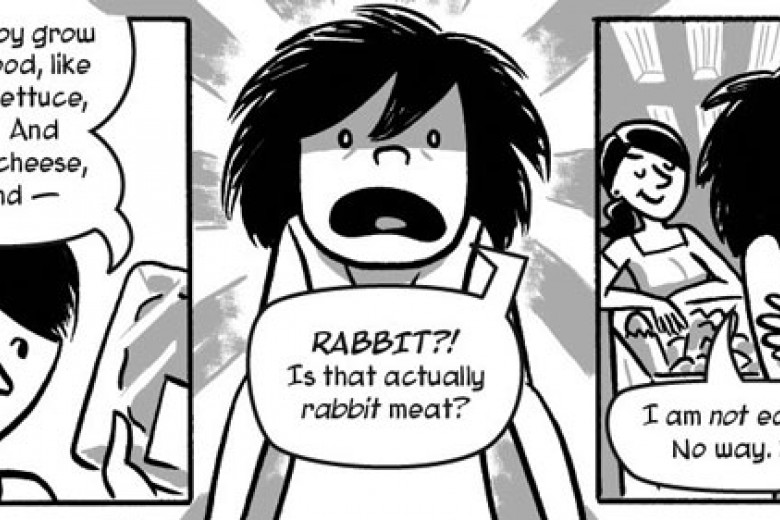
by Airin Stephens Sep 1, 2011 2 min read
-
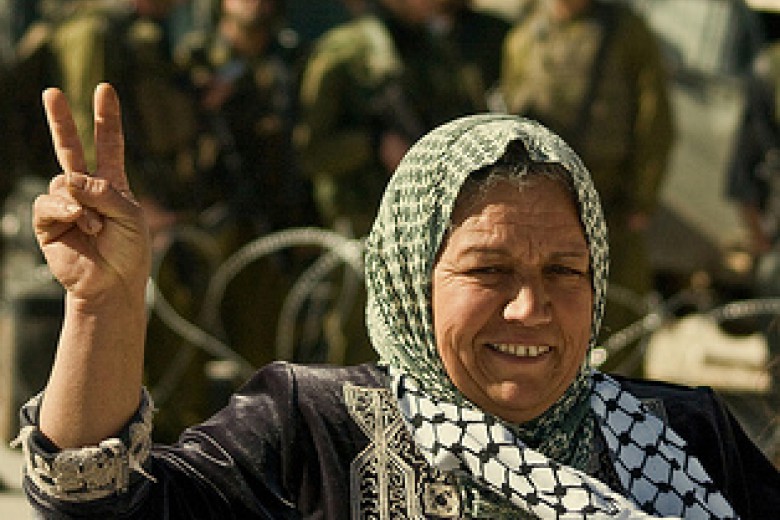
by Andrea Meeson May 24, 2011 3 min read
-
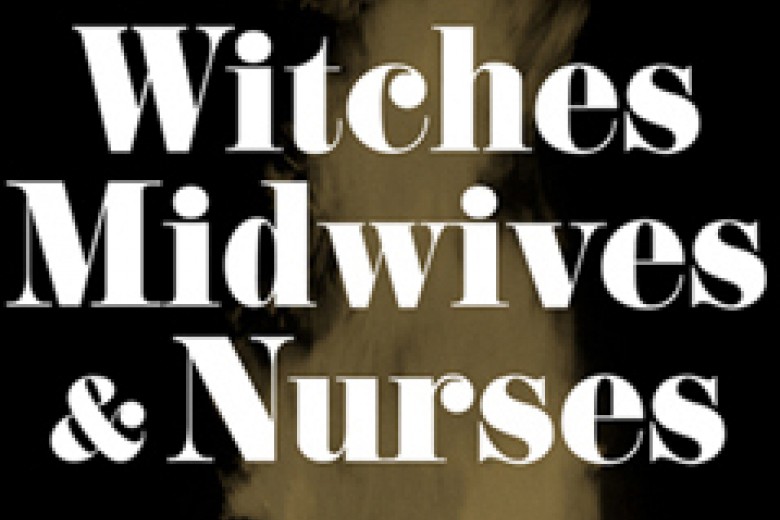
by Jane Kirby May 1, 2011 4 min read
-
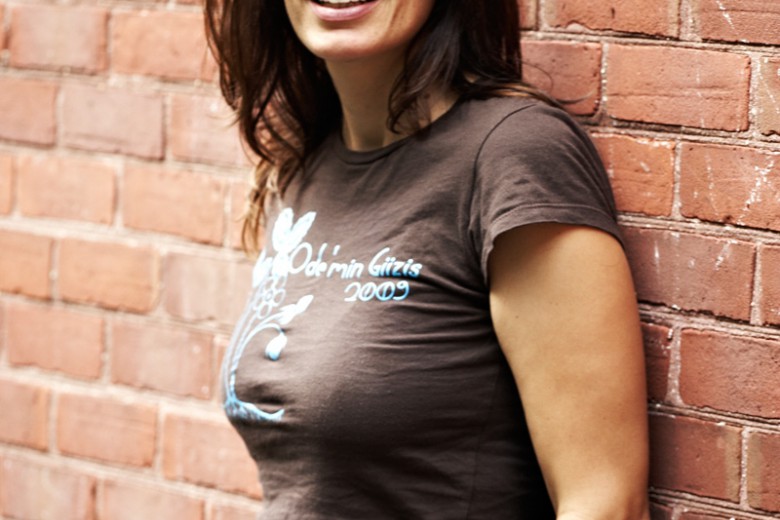
by Tyler McCreary Jan 1, 2011 4 min read
-

by Michael Dupuis Nov 1, 2010 3 min read
-
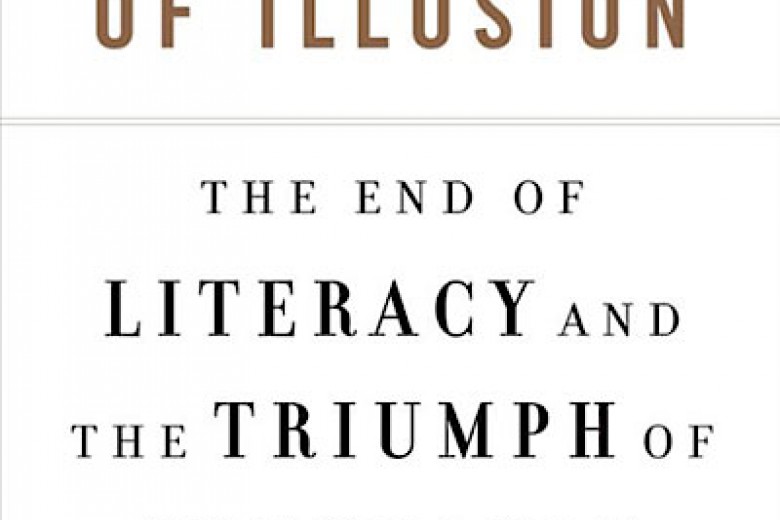
by Don Sawyer May 5, 2010 5 min read
-
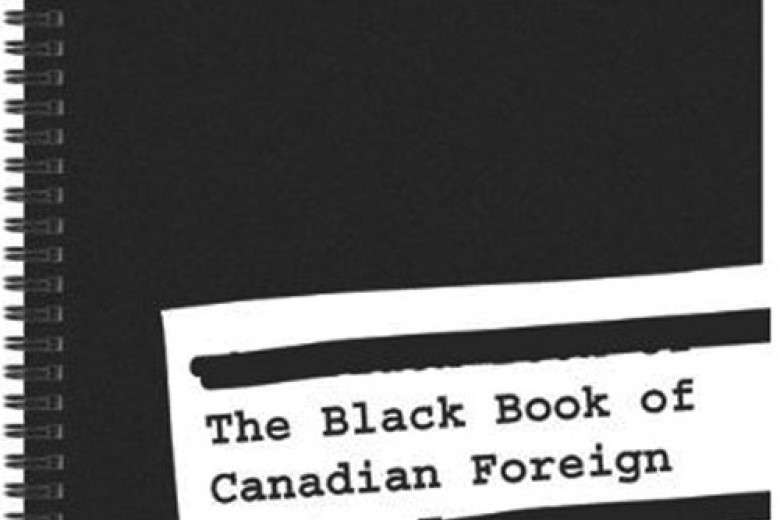
by Greg Shupak May 5, 2010 5 min read
-
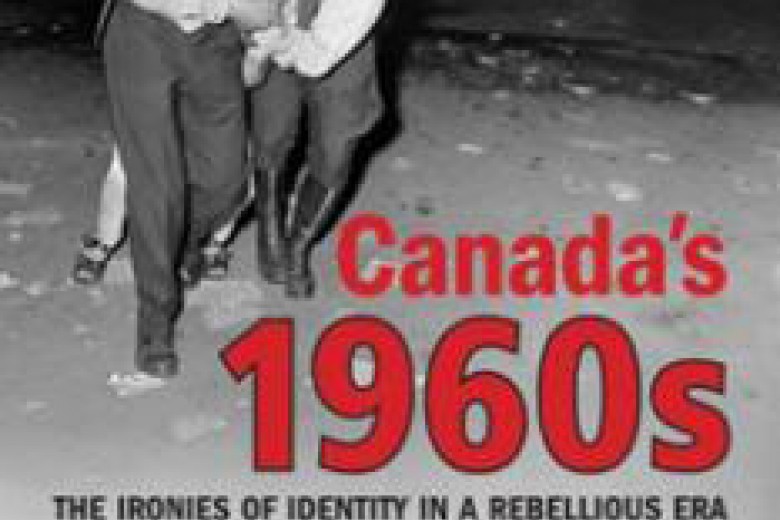
by Lorne Brown Jan 1, 2010 7 min read
-
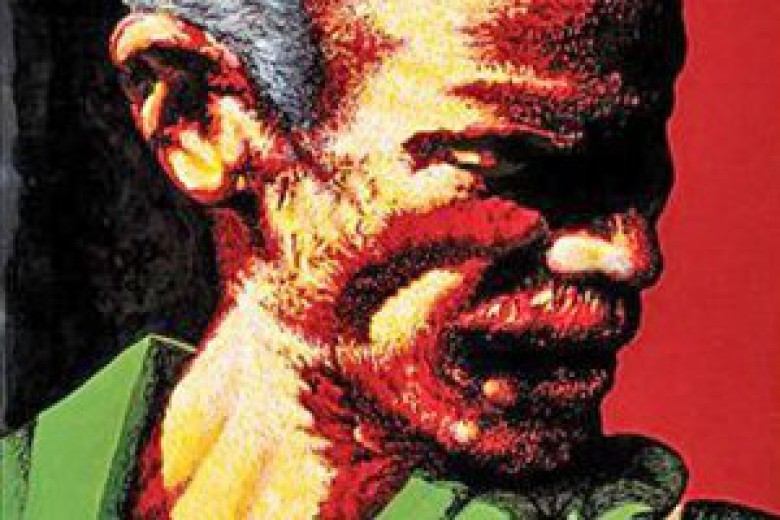
by Ruth Latta Sep 1, 2009 4 min read
-
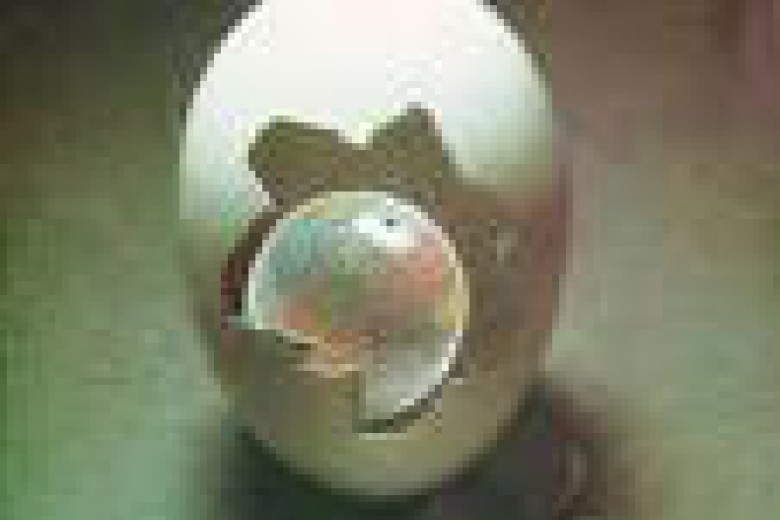
by Yarika Rose Jul 1, 2009 2 min read
-
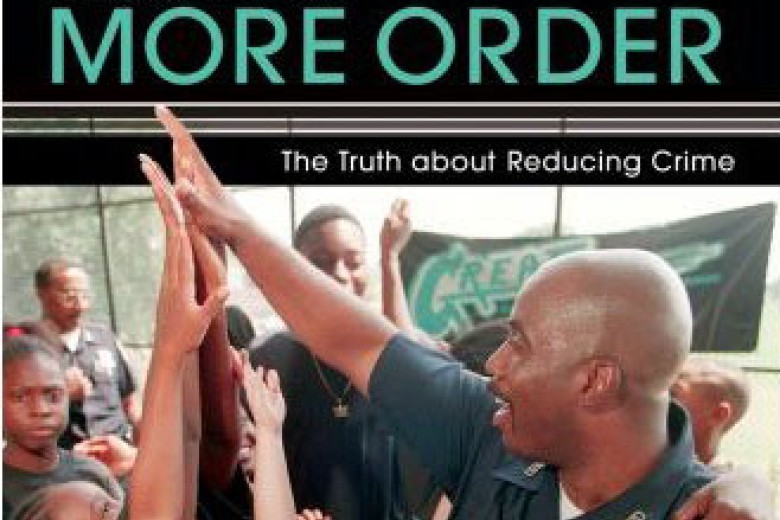
by Reuel Amdur May 1, 2009 2 min read
-
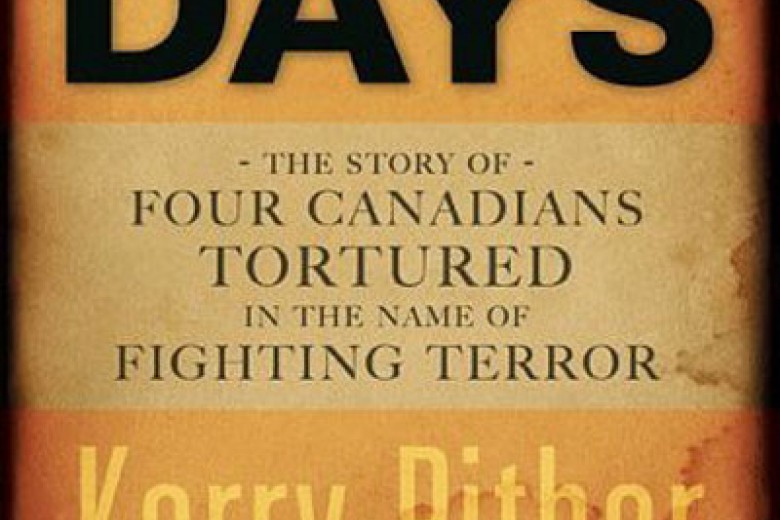
by Lorne Brown May 1, 2009 8 min read
-
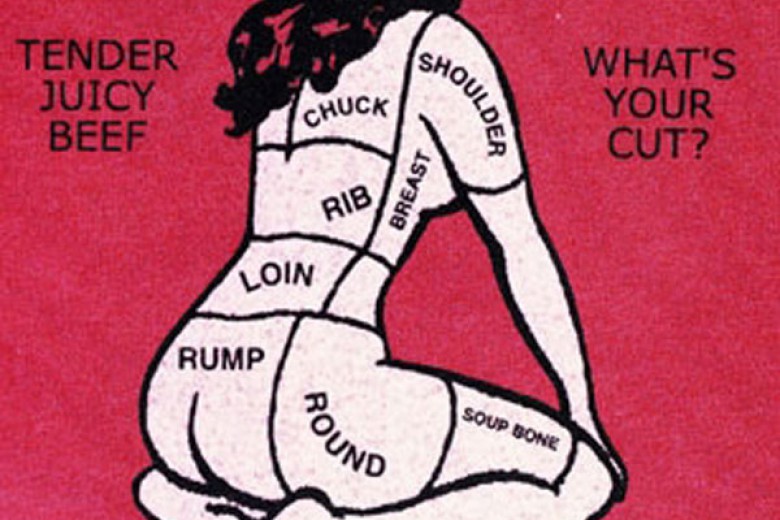
by Calvin Neufeld Mar 1, 2009 5 min read
-
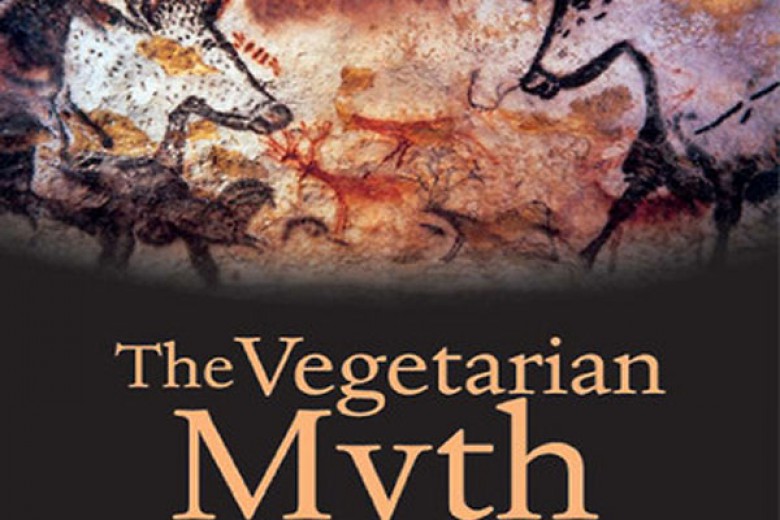
by Aric McBay Jan 1, 2009 4 min read
-
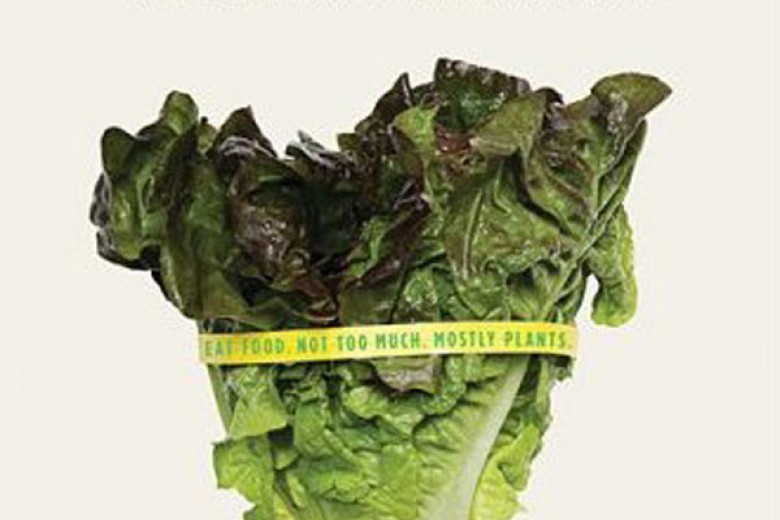
by Aruna Handa Jan 1, 2009 6 min read
-
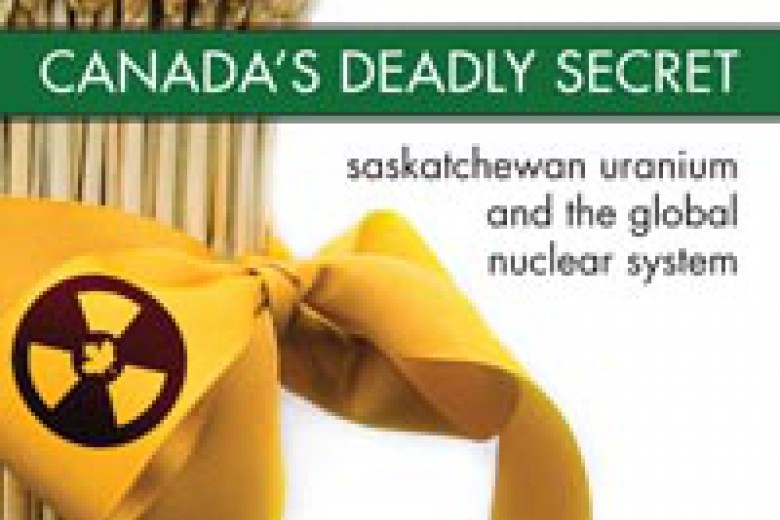
by Bernadette Wagner Aug 1, 2008 3 min read






















